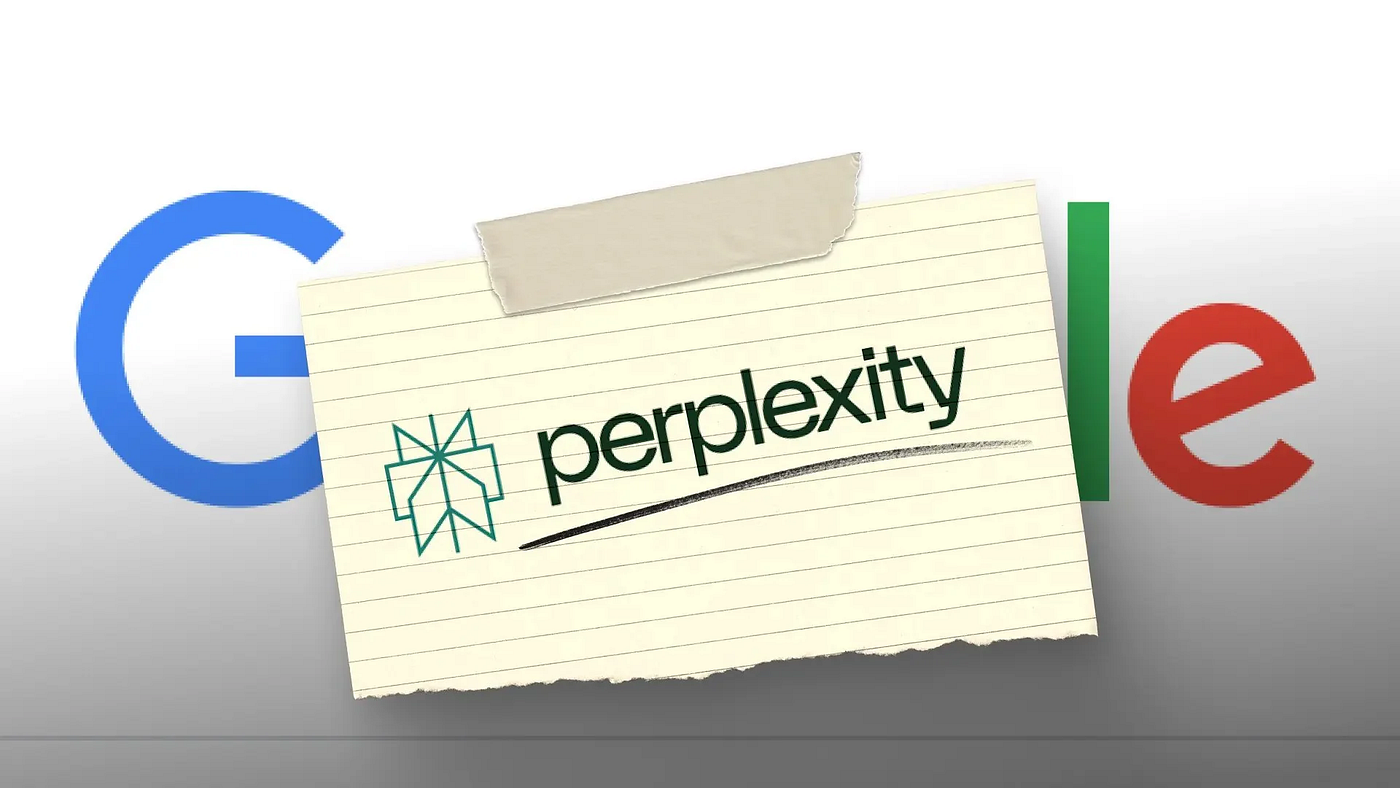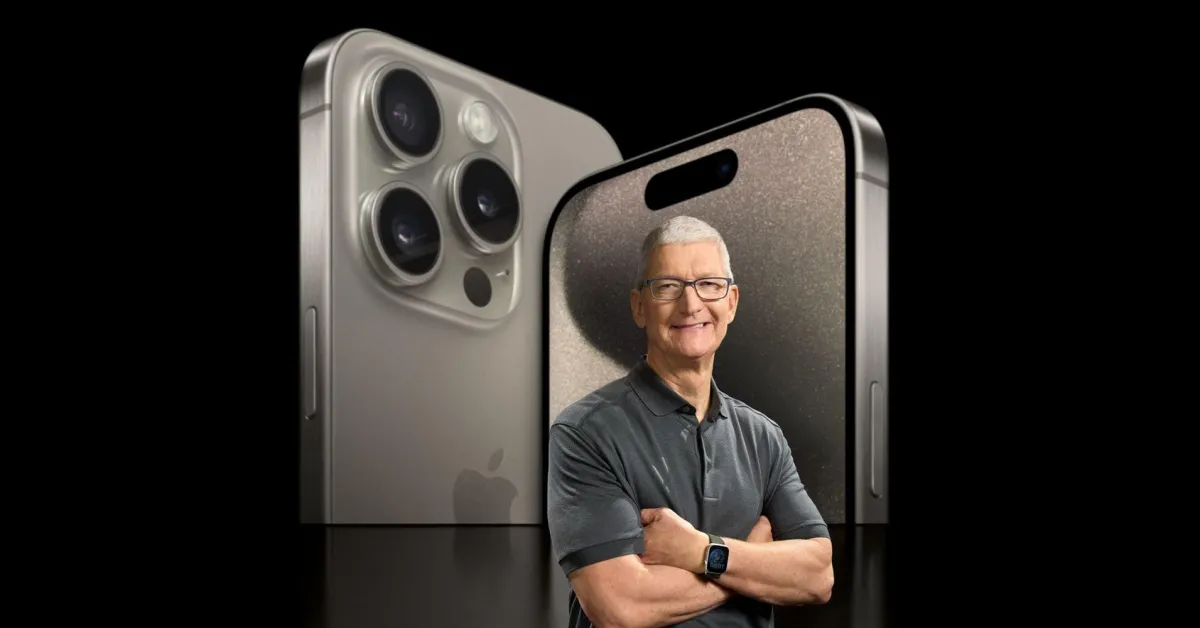Artificial Intelligence (AI) is rapidly transforming the world, reshaping industries, redefining careers, and influencing the way we live, work, and communicate. From predictive analytics in business to AI-generated art and medical diagnostics, this technology has become the backbone of the 21st-century innovation economy.
Yet, amid this revolution, a question continues to echo among young Nigerians: “If I’m not a tech expert, how can I tap into AI?”
The answer is simple but powerful — AI is not just for coders; it’s for problem-solvers. Whether you’re a teacher, designer, Professional, entrepreneur, or farmer, AI offers opportunities to expand your impact, boost productivity, and create solutions tailored to Nigeria’s realities.
This article explores practical pathways for young Nigerians to get involved in the AI wave — even without a background in coding or data science.
- Awareness: The First Step Toward Opportunity
Many young people still view AI as a distant, complicated field reserved for Silicon Valley elites or tech geniuses. However, that mindset is changing fast. Across Nigeria, grassroots initiatives and tech communities are simplifying AI education, showing how it can be applied to local problems — from traffic management to healthcare access.
Awareness begins with curiosity. Young people can follow AI-related content on platforms like AI Reports Africa, TechCabal, and Data Science Nigeria, or engage with global AI news from MIT Technology Review and Google AI Blog.
Several free online courses also provide a foundation for understanding AI basics:
• Google AI for Everyone
• Coursera: Elements of AI
• YouTube AI Masterclasses
• Microsoft Learn AI Fundamentals
These resources demystify AI concepts and show how automation, natural language processing, and computer vision are already shaping the digital future.
- Learn AI by Using It – Not Just Coding It
Gone are the days when one needed deep programming knowledge to use AI tools. Today, the rise of no-code and low-code platforms means anyone can harness AI without writing a single line of code.
For example:
• ChatGPT or Gemini can assist with writing, translation, and brainstorming ideas.
• Canva AI and Adobe Firefly help creatives design stunning visuals in seconds.
• Descript and Pictory allow content creators to edit videos using voice commands and text.
• Runway ML lets filmmakers and designers create cinematic effects with AI.
• Synthesia enables anyone to generate realistic AI-powered presenters for storytelling or tutorials.
These tools empower ordinary users — from fashion entrepreneurs to small business owners — to save time, cut costs, and scale their creativity.
- Apply AI in Everyday Professions
The most exciting part of the AI movement is that it transcends industries. You don’t need to switch careers to be part of the revolution; you just need to infuse AI into what you already do.
Here are some examples of how AI is being adopted across sectors in Nigeria:
Industry AI Applications
Agriculture AI-powered mobile apps for soil monitoring, pest detection, and yield forecasting.
Education Personalized learning chatbots, AI tutors, and plagiarism detection tools.
Healthcare AI-assisted diagnostics, telemedicine, and wearable health data analysis.
Media & Journalism Automated fact-checking, content generation, and data visualization.
Business & Marketing Predictive analytics, customer behavior insights, and marketing automation.
Creative Industry AI music generation, virtual fashion design, and digital art synthesis.
AI doesn’t replace human creativity — it amplifies it. Nigerian youths can use AI to make better decisions, produce smarter content, and solve local challenges faster.
- Join AI Communities and Projects
Communities are the backbone of innovation. Young Nigerians can accelerate their AI journey by connecting with like-minded learners, mentors, and innovators.
Notable AI and tech communities in Nigeria include:
• Data Science Nigeria (DSN) – promoting AI education and competitions.
• AI+ Club Africa – empowering young Africans with hands-on AI skills.
• NITDA AI Research Centers – supporting government-backed AI initiatives.
• Google Developer Groups (GDG) – organizing coding bootcamps and meetups.
• Zindi Africa – hosting AI challenges that allow young people to solve real-world problems and earn rewards.
Joining these networks exposes young people to mentorship, collaboration opportunities, and even seed funding for AI-driven ideas.
- Think Beyond Jobs – Think Entrepreneurship
Nigeria’s youth are known globally for their creativity and resilience. AI offers a new frontier for entrepreneurial innovation.
Instead of waiting for jobs, young innovators can build AI-powered solutions that address local problems. Some potential areas include:
• AI-powered job-matching platforms for informal workers.
• Local-language AI chatbots for small business support.
• AI in creative storytelling, film production, and music generation.
• Health-tech startups using AI for telemedicine and diagnostics.
• EdTech platforms offering personalized learning experiences.
These ideas are not just theoretical. Around Africa, AI-driven startups are gaining traction and investment. By thinking entrepreneurially, Nigerian youth can shape the next generation of African innovation.
- Explore AI Ethics, Policy, and Advocacy
AI isn’t only a technical matter — it’s also a moral, legal, and social one. As AI systems become more integrated into society, questions around data privacy, bias, transparency, and accountability are growing.
This opens a new frontier for AI policy advocates, ethics researchers, and digital rights defenders.
Nigeria needs young voices to participate in shaping ethical AI frameworks that protect citizens’ rights. Youths interested in law, social science, or public policy can contribute by:
• Studying AI governance and privacy laws (such as Nigeria’s NDPA, GDPR, and Kenya’s Data Protection Act).
• Joining advocacy groups like Paradigm Initiative or TechHer NG.
• Writing thought leadership articles on responsible AI use.
These roles are crucial in ensuring that AI in Africa remains inclusive, fair, and accountable.
- Use AI for Personal Growth and Empowerment
On a personal level, AI can also help young people learn faster, think smarter, and work more efficiently.
With AI-powered platforms, anyone can:
• Learn new skills through adaptive online learning.
• Create resumes, business proposals, and portfolios using AI writing tools.
• Translate languages and access global opportunities.
• Analyze personal productivity and plan better careers.
In essence, AI can serve as a digital mentor — one that helps young people unlock their potential.
- Challenges to Overcome
Despite the opportunities, there are barriers to AI adoption in Nigeria — including limited access to affordable internet, low digital literacy, and inadequate infrastructure.
However, these challenges are not insurmountable. Government agencies like NITDA and private organizations are working to expand digital inclusion and build local data centers. The growing number of online AI communities is also helping to close the knowledge gap.
For young Nigerians, the key is to stay proactive. Rather than waiting for the perfect conditions, they can start learning, experimenting, and collaborating with what they already have.
- The Future Belongs to the Bold
The AI revolution will not wait — it rewards those who are curious, creative, and courageous enough to adapt. Nigeria’s youthful population is an incredible asset; if properly guided, it can turn the country into a continental hub for AI innovation.
Young people must see themselves not as spectators but as co-creators of this future. Whether through startups, content creation, data annotation, or ethical advocacy, there’s a place for everyone in the AI ecosystem.
Conclusion
AI is not about replacing humans; it’s about enhancing human potential. For Nigerian youth, this technology represents more than automation — it’s a tool for empowerment, economic growth, and social transformation.
You don’t need to be a programmer to be part of the AI wave. You only need curiosity, creativity, and the courage to start.
So, the real question isn’t whether you understand AI — it’s how soon you’ll start using it to create impact.





Excellent breakdown of the topic. Really appreciate the detail!